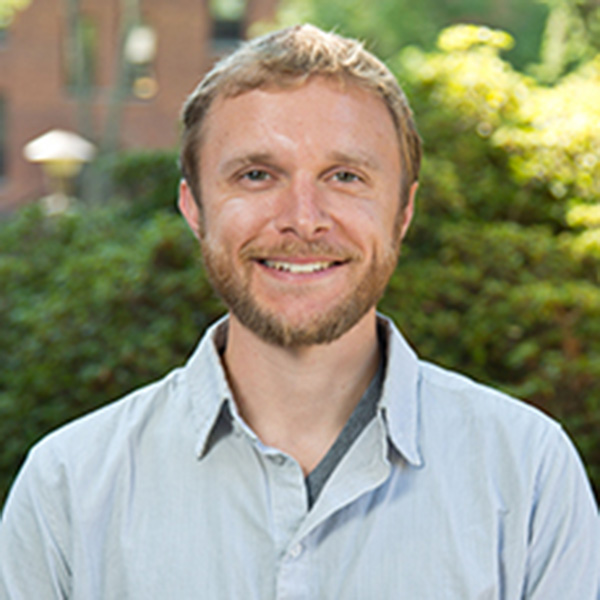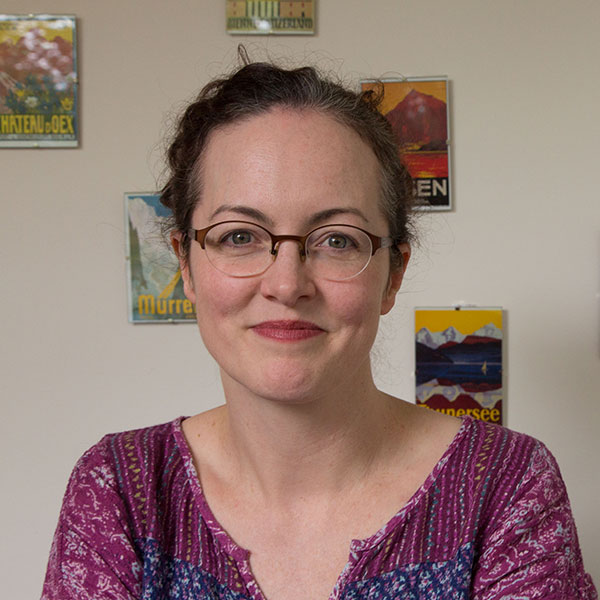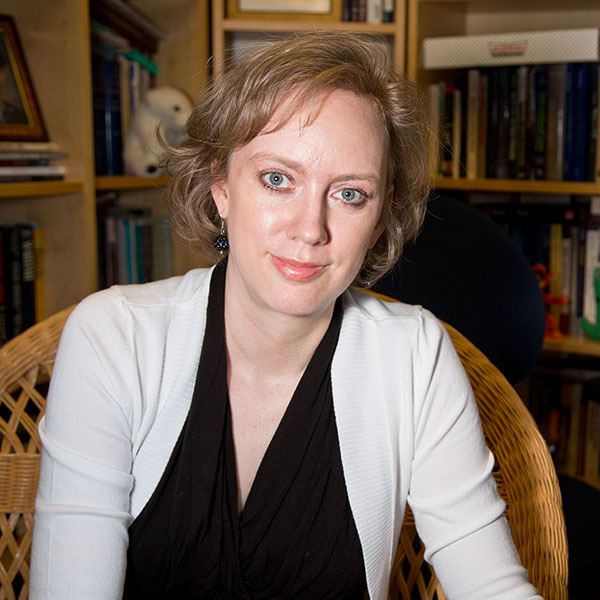Rick Barot says his work as a poet is a direct product of his time spent teaching at Pacific Lutheran University. And that work is gaining a lot of recognition these days.
“We try to act on our values as an institution,” said Barot, associate professor of English and author of the book Chord. PLU’s authenticity and commitment to “critical seeing,” he said, affects his writing.
His book, a collection of poems, recently won the University of North Texas Rilke Prize. Additionally, Barot is the recipient of the prestigious Guggenheim Foundation fellowship, one of only 175 awarded throughout various disciplines. Both are high honors in the writing world, Barot said. Those are in addition to a PEN Open Book Award, the Thom Gunn Award from the Publishing Triangle, and recognition as a finalist for the Los Angeles Times Book Prize.
“You really are a product of your environment,” Barot said. “It’s an affirmation for PLU, as well.”
Barot said his publisher submitted Chord for the Rilke Prize, a $10,000 prize that recognizes a book written by a mid-career poet who demonstrates exceptional artistry and vision.
“I won without even knowing I was in contention for it,” Barot said.
Barot and the other fellowship recipients were announced last month. They were chosen from a pool of nearly 3,000 applicants, based on achievement and exceptional promise. The fellowships are meant to give people the free time needed to pursue projects, Barot said.
Chord has been a longtime coming for Barot. He started writing the collection of poems in 2005. After 9/11 and the beginning of the Iraq War, Barot reflected on global tensions. Despite the somber inspiration, he said the themes run deeper.
Rick Barot Poems
“It’s a dark book with a kind of hopeful lining,” Barot said. He hopes Chord forces readers to think. “What I’m interested in is poetry of disruption. Poetry that complicates your notion of what is around you.” He said that includes confronting problems, as well as trying to escape from them.
“It is a way of reminding people that poetry is interested in complicated things,” he said.
Barot said the Rilke Prize and the Guggenheim fellowship, among his other honors, affirm the value of his long and difficult work. PLU has immersed him in the world of poetry, he said, providing a catalyst for conversations with his students that inspire his growth as an artist.
“That’s part of my everyday life as a teacher,” Barot said. “We have a dialogue that feeds my work.”
Additionally, Barot said his poetry mirrors the mission of the university – a commitment to thoughtful inquiry and social justice. His advice to aspiring writers is to read widely and write a lot. As a young writer he journaled daily.
“Process the world through language,” he said.
Barot has won awards for his writing before, but the Rilke Prize and the Guggenheim fellowship are on a different level, he said.
Barot said it’s been overwhelming (in a very good way) to have all these awards drop at once. He isn’t planning to slow down. He’s already working on more poems and a collection of essays about poetry.
“I’ve been given the encouragement and momentum for the next phase of my life. As a writer, as a teacher and as a citizen,” Barot said. “This isn’t about resting on your laurels. It’s an invitation to do even more.”





